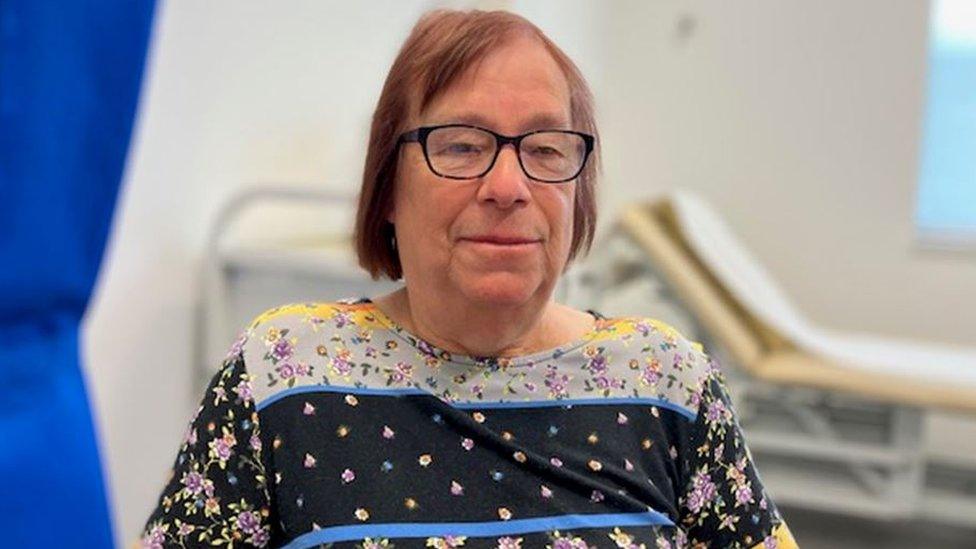Plea to 'think earlier' about osteoporosis risks
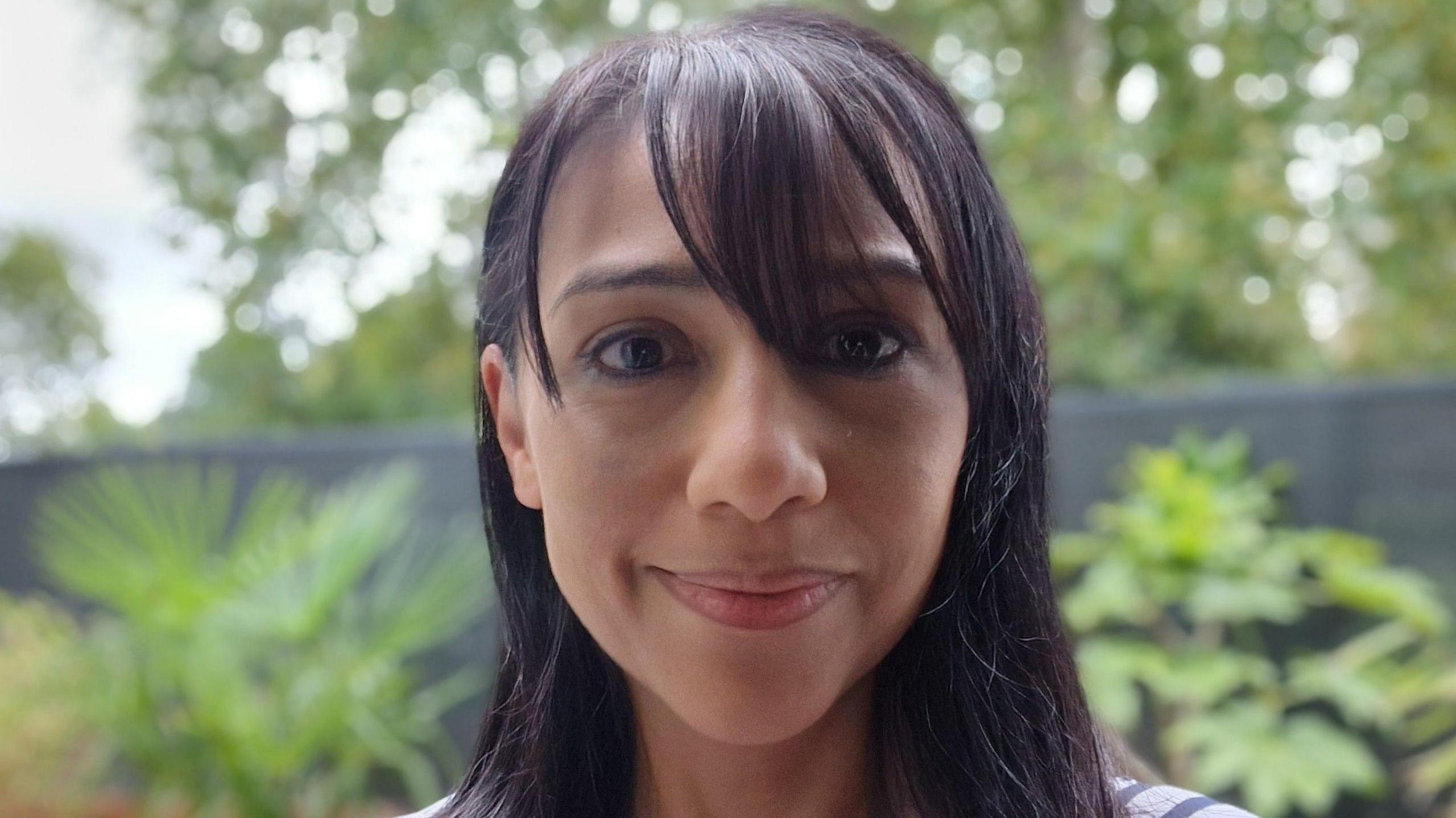
Lisa wishes she had taken her symptoms more seriously much earlier
- Published
An osteoporosis sufferer is urging more people to address the risks much earlier in their lives, before it is too late.
Lisa Cole, 52, from Bristol had broken bones in her forties, but did not link it with "brittle bone disease" until she eventually had a bone density scan.
The Royal Osteoporosis Society said it is an escalating health crisis leading to growing rates of hospitalisation and disability as the population ages.
It recommends people take simple preventative measures from their mid-30s like vitamin D and calcium supplements, and do regular weight-bearing exercise.
Ms Cole is an optician living and working in Bristol. She first broke a rib 10 years ago when she slipped in a swimming pool.
Then, she broke her elbow in a minor fall, but still thought nothing of it.
Then after a severe wrist fracture, she was referred for a bone density scan which diagnosed osteoporosis.
She had always felt clumsy and guilty about taking sick leave. It turned out she had gone through early menopause, which can cause a decline in bone density. She is now on medication.
"My hobby and passion is bouldering – a style of climbing and I've learned to do what I can," said Ms Cole.
"It's still a journey that I am on. I’m still breaking things, but I am getting myself in the right place, talking to my GP and having support around me," she added.
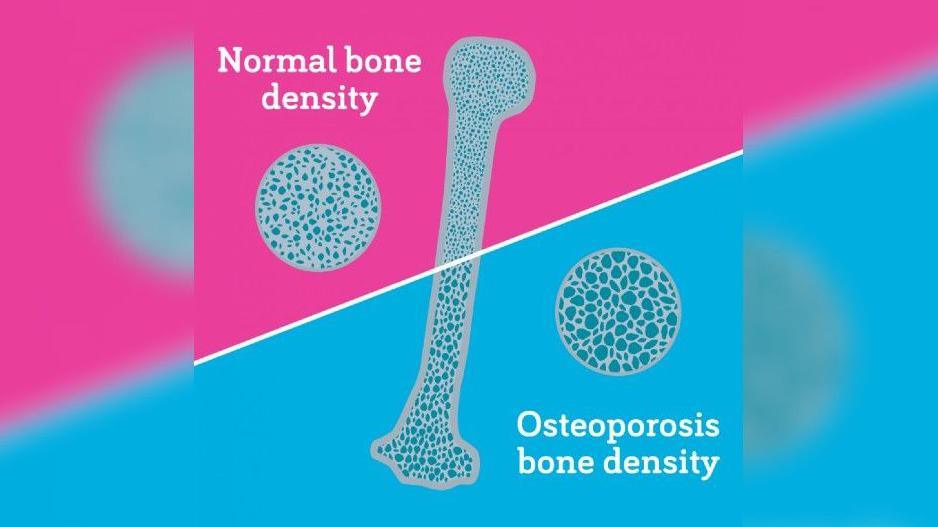
Half of women aged over 50 who break bones have osteoporosis
Latest research from the Bath-based Royal Osteoporosis Society shows a third of people in the UK are unaware of the fact that one-in-two women and one-in-five men aged over 50 risk broken bones because of osteoporosis.
This low awareness they believe is leading to an "escalating health problem" and the main reason for increasing numbers of hospitalisations.
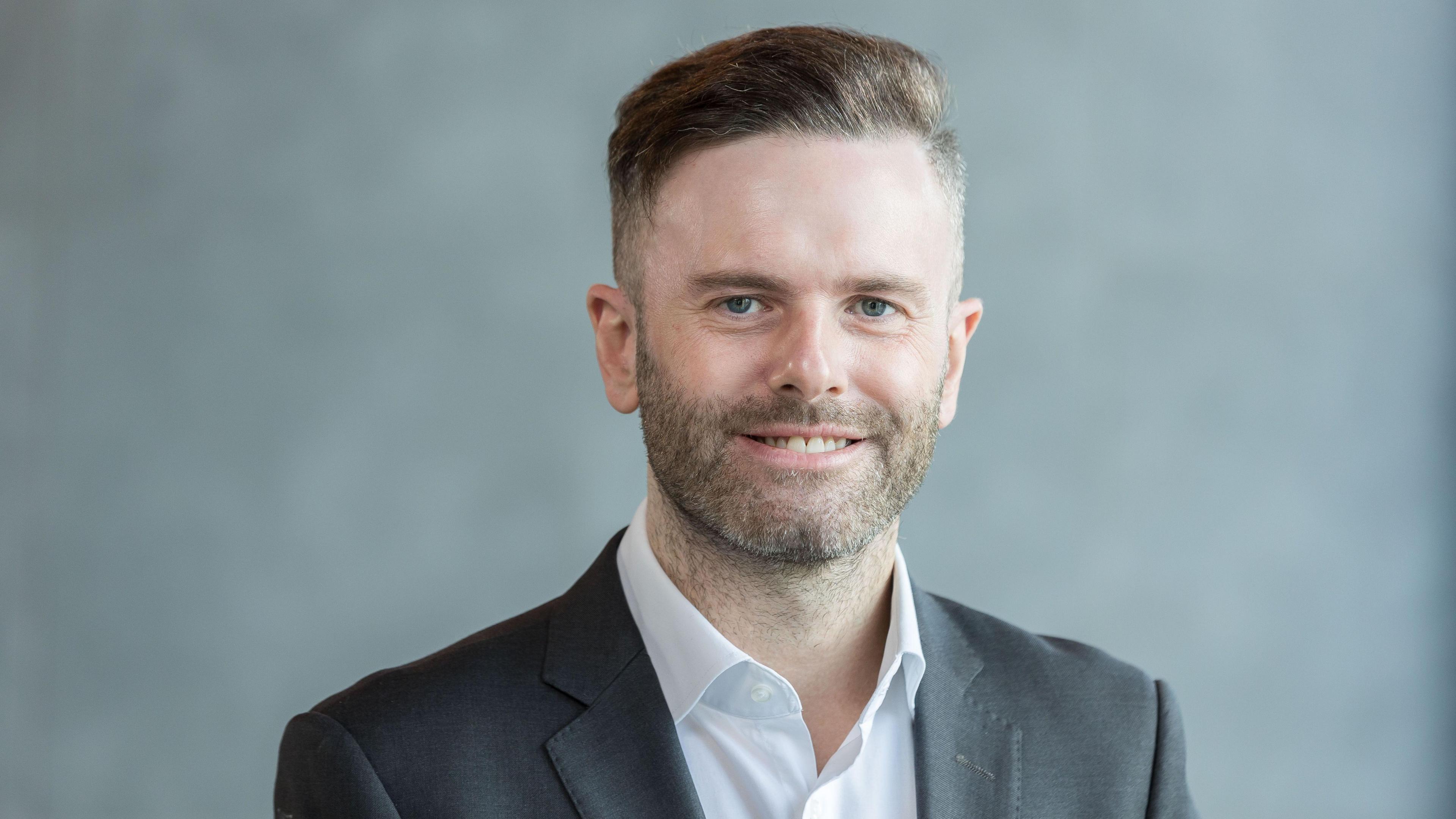
It is "never too early" to think about your bone health, says Craig Jones from the ROS
"Few of us realise that our bone health peaks much earlier than people think - in our mid thirties - and from then on it's downhill," said Craig Jones, the society CEO.
"Lifestyle changes can help prevent osteoporosis. Things like vitamin D and calcium, and be really aware that broken bones after that age could be a factor."
"There are really good anti-osteoporosis medications which are available to keep bones stronger for longer," reassured Mr Jones.
"It's never too early to start thinking about your bone health, and actually too few of us are giving much thought to our bones at any point in our life."
So far 49,000 people have been given early diagnosis and access to medication after completing the three-minute ROS risk checker, introduced two years ago.
Get in touch
Tell us which stories we should cover in Bristol
Follow BBC Bristol on Facebook, external, X, external and Instagram, external. Send your story ideas to us on email or via WhatsApp on 0800 313 4630.
Related internet links
- Published7 August 2024
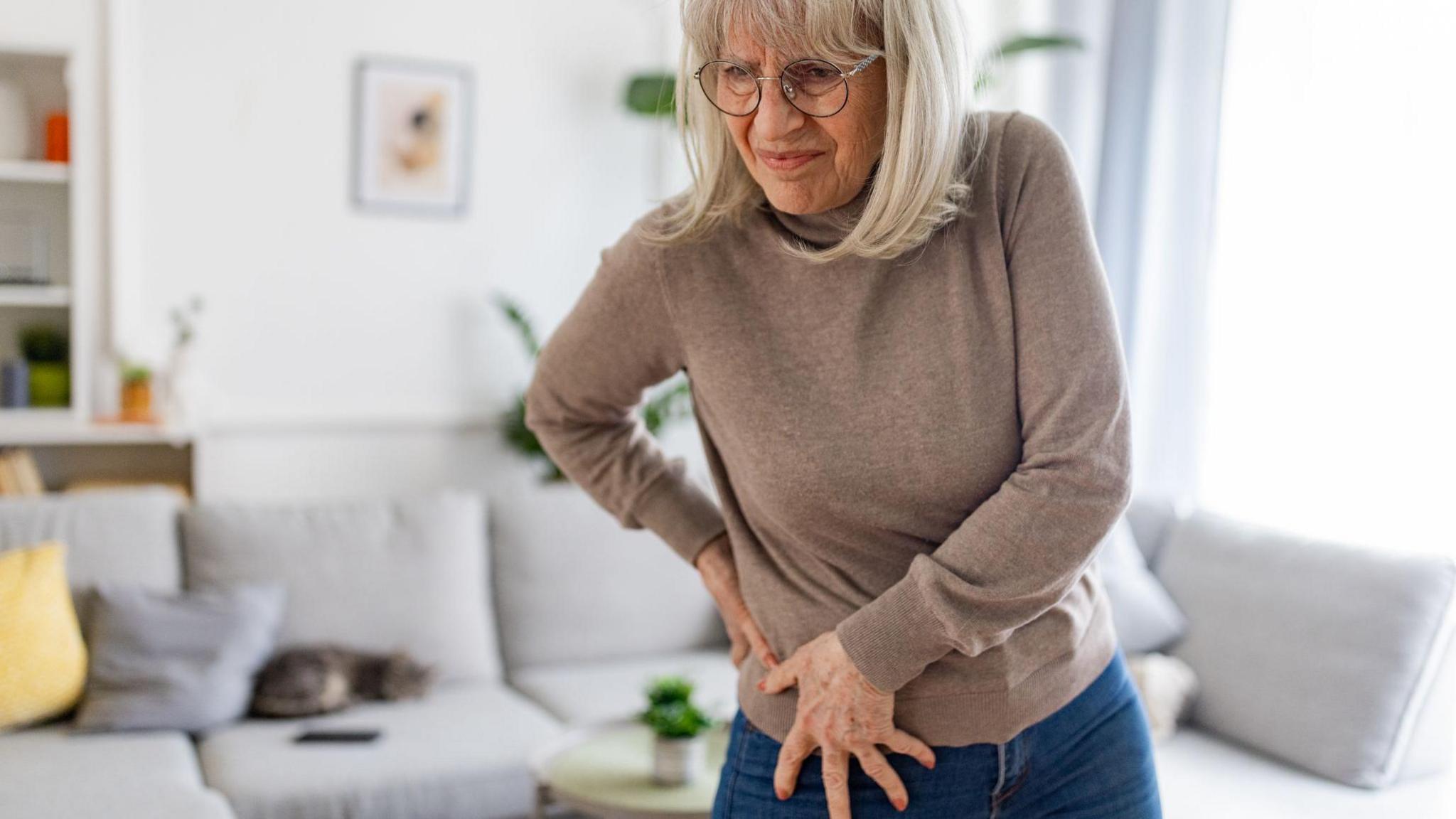
- Published5 June 2023
